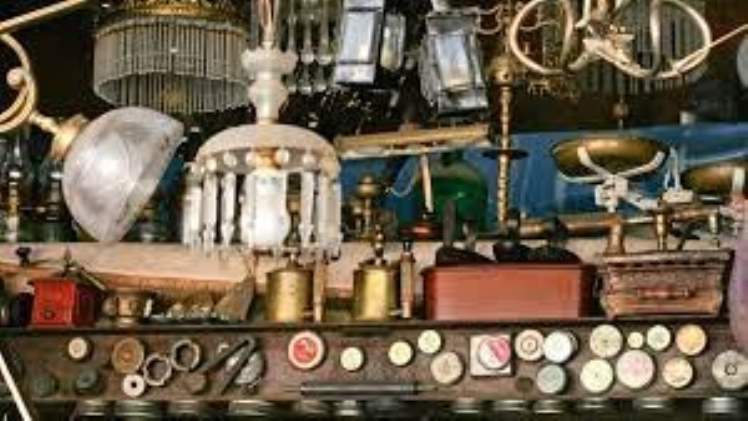The Job Description and Working Environment of an Antique Dealer

Before becoming an Antique Dealer, you should first determine what your desired job description is. After that, you can decide what type of education you need and what career outlook you want for this profession. You can find a job description for an Antique Dealer in a variety of online resources. In this article, you will also learn about the working environment for this career. Hopefully, this will help you make the best decision for you. But, in order to become a successful Antique Dealer, you must be well-educated and have a passion for collecting and selling antiques.
Job description
An antique dealer job description outlines the main responsibilities of this position. Most applicants have at least some college experience, and many also have an undergraduate degree in a related subject, such as art history or business. An antique dealer job description may also list any awards or affiliations that a person may have. A resume for a career in the antiques industry should highlight the skills that one has, including their artistic eye and knowledge of antiques.
An antique dealer job description requires that you possess excellent communication skills and good sales and negotiation skills. It also requires that you are willing to take a financial risk. Aside from the above, you should also be creative and enjoy learning about history. As an antique dealer, you’ll be at the forefront of a customer’s mind when they’re looking for an item. As a result, the ability to organize and manage a large workload is crucial. While there is no set-promotion structure for this profession, there are opportunities to get involved with an auction house or another antique dealer.
Education
The education of an antique dealer depends on several factors. First, the education of a dealer should be thorough. Antique dealers should have a solid background in art, fine arts, and business. Most of them have a bachelor’s degree, although a few have associate degrees. Of the 193 antique dealer resumes studied, 54% have a bachelor’s degree and 20% have an associate degree. The next step in antique dealer education is to attend a university or college.
An accredited course is a must for all new antique dealers. An accredited program may cost several thousand dollars. However, it will prepare you for years of work in an antique shop. Many successful dealers have extensive training in art history and the business. They have multiple sources of income and a specialized price book. A good education will help you distinguish between a phony product and a genuine one. The education of antique dealers should include both formal and informal knowledge of art history.
Career outlook
An antique dealer’s resume should demonstrate his or her artistic eye and professional demeanor. As an artist, you should know that first impressions count, so keep your design simple and professional, but make sure that it stands out. Here are some tips to create a resume that makes you stand out among the competition. Let your artistic side shine through! Keep reading to learn how to create an antique dealer’s resume. You’ll be glad you did.
Depending on the specialty you have chosen, an antique dealer’s career outlook may be good or bad. A degree in fine art or history can improve your chances. This degree is not required in the early stage of a career, but it can help you expand your knowledge. A degree will also help you gain valuable business experience. You may also want to consider taking a course in art history or business to further your career in art.
Working environment
The working environment for an antique dealer varies greatly. Some may work from a small office, while others may maintain an office in a larger building. Many dealers may be mobile, traveling to auction houses, antique stores, and other resources in search of new and unique items. In addition to traveling, however, most dealers keep an office to ensure that they can handle the business needs of their clients. Regardless of working environment, antique dealers can expect to have a high degree of satisfaction in their jobs.
There are a variety of jobs available for antique dealers. Many of these positions are unpaid but do involve a variety of skills. For example, auction house assistants may specialize in various areas. Porters, counter assistants, and secretary positions may be needed. Graduate trainees may be hired each year by some London-based auctioneers. While gaining work experience may be the first step, candidates usually have a relevant degree or relevant skills. Some employers may also require GCSE grades in history or art.




